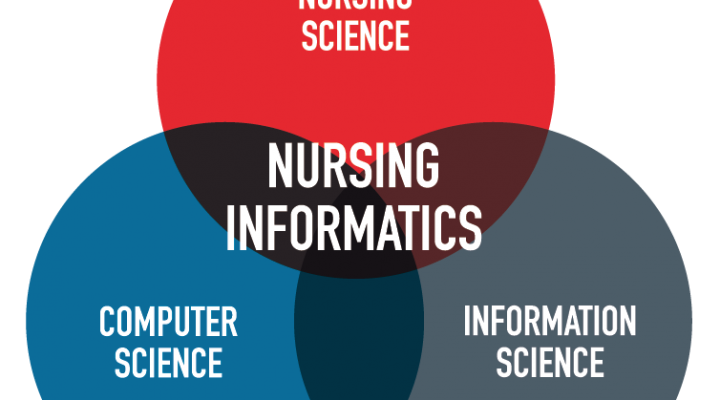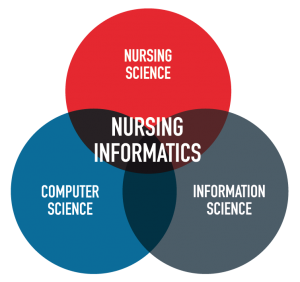Gone were the days when people used to have the confused and clueless look when the term “technology” is mentioned. Now, modern technology has become part of every person’s life. Some might even consider it as a necessity and an addition to the “things I can’t live without” list. Seldom would you find people who do not own a laptop or even a cell phone. Technology has paved its way to the being part of the day-to-day lives of people. Even in professions and various fields of practice, technology has proven its worth and how best it could be of help in the advancement of practice. Nursing isn’t spared from this epidemic.
Introducing technology in nursing
Nursing Informatics is defined by the IMIA Special Interest Group on Nursing Informatics 2009 as the “science and practice (that) integrates nursing, its information and knowledge, with management of information and communication technologies to promote the health of people, families, and communities worldwide.”
As demands emerge throughout the years, nursing informatics provide solutions to these demands and various problems and continue on its aim to improve patient outcomes, lower costs, create new tools for teaching or patient care over the Internet. It joins together nursing science, information science and computer science to do that, and so much more.
What do informatics nurses do?
Those who work under this field serve as developers of communication and information technologies, educators, researchers, chief nursing officers, chief information officers, software engineers, implementation consultants, policy developers, and business owners, to advance healthcare.
Mostly, they focus on: Concept representation and standards to support evidence-based practice, research, and education; Data and communication standards to build an interoperable national data infrastructure; Research methodologies to disseminate new knowledge into practice; Information presentation and retrieval approaches to support safe patient centered care; Information and communication technologies to address inter-professional work flow needs across all care venues; Vision and management for the development, design, and implementation of communication and information technology; and lastly, Definition of healthcare policy to advance the public’s health.
How to become one
In order to become a successful nurse informaticist, you must have strong analytical and critical-thinking skills and undergo additional education and experience with information systems and databases. These can be developed in nursing school and so much more and may become an advantage when you apply for nursing programs and open positions.
It all starts with being a nurse, having a BSN degree and passing the NCLEX Exam. You then must take the next step which is acquiring a Master’s Degree with Master of Science in Nursing (M.S.N.). You may find numbers of graduate programs that present specialty tracks in informatics, including on-campus, online, and hybrid programs, which are skills that may be essential to this field of nursing by training nurses to rapidly becoming accustomed to new technology and advance patient care delivery systems. Those who are aspiring to be part of this team must be able to learn how to interpret, analyze, and use electronic health record technology and how to provide greater competence and efficacy in health care practices. It is also advised that you become certified by a nurse credentialing organization such as the American Nurses Credentialing Center (ANCC). This certification may make you more competitive in the job market. Usually, a nurse informaticist’s salary ranges from $48,700 to $96,500 yearly.
Change isn’t always bad. Sometimes, it may bring about advantages that may be of help in improving life situations, take for example technology and how efficiently it helps nursing in providing efficient and effective quality care. Opening up for change may actually be a good thing and could bring about wonders you never thought possible. However, though how much help technology is in our activities of daily living, we must learn not to depend on it. We must still know how to act and make decisions, which are the exact things that set us apart from computers and devices.
Sources:
https://www.amia.org/programs/working-groups/nursing-informatics
https://www.nursing.vanderbilt.edu/msn/ni.html
https://www.minoritynurse.com/article/how-become-nurse-informaticist










Information about nurshing informatics
It really helps a lot.. it makes more easy…
Please read this Mary Joyce Briones Dimayuga. It might help
Danielle Williams read this!
So cool
This is so much intersting
Great field to be in for nursing!